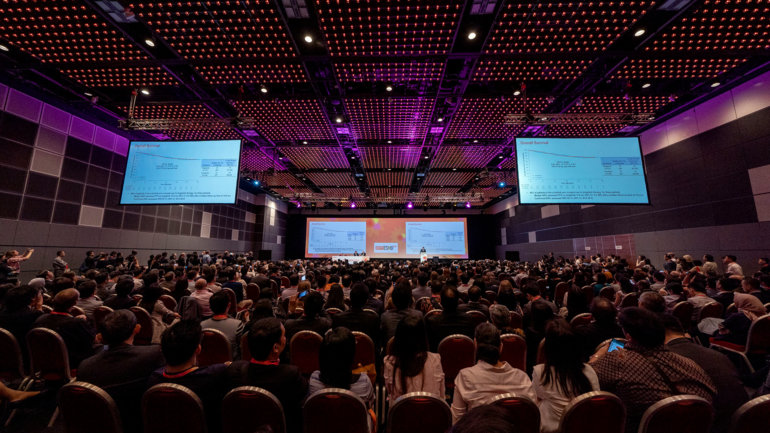
Double standards in healthcare: a modern hypocrisy
Having treatment protocols for the rich countries and alternative protocols for the poor ones still nurtures global health disparities

Having treatment protocols for the rich countries and alternative protocols for the poor ones still nurtures global health disparities

The new FDA guidance could be an important step toward necessary change to give adequate representation of older adults in cancer clinical trials

Findings from the PACIFIC-6 trial echo the benefits seen with durvalumab after concomitant chemoradiotherapy, representing a potential alternative for vulnerable and older patients

Although bilobectomy remains a valid procedure, comparatively high mortality rates indicate that cautious use and appropriate patient counselling is required

Alternatives to osimertinib for first-line treatment of EGFR-mutated NSCLC are explored among Asian populations

Results from the subgroup analysis of the IMpower010 study also report some patterns of relapse that are in contrast with previously presented findings

Much progress has been made in the standardisation of pathological response but optimising viable tumour cutoffs for predicting long-term outcome after different treatment modalities and by histological type remain key areas for investigation

Overall survival data are in line with those from other MET tyrosine kinase inhibitors and show promise in a tumour subtype with poor prognosis

Health-related quality of life data from the POSEIDON study support previous efficacy findings for the benefits of a two-agent immunotherapy regimen plus chemotherapy over chemotherapy alone

Patient-reported outcomes provide important information for treatment decision-making but are not generally published alongside primary efficacy and safety data
This site uses cookies. Some of these cookies are essential, while others help us improve your experience by providing insights into how the site is being used.
For more detailed information on the cookies we use, please check our Privacy Policy.
Necessary cookies enable core functionality. The website cannot function properly without these cookies, and you can only disable them by changing your browser preferences.